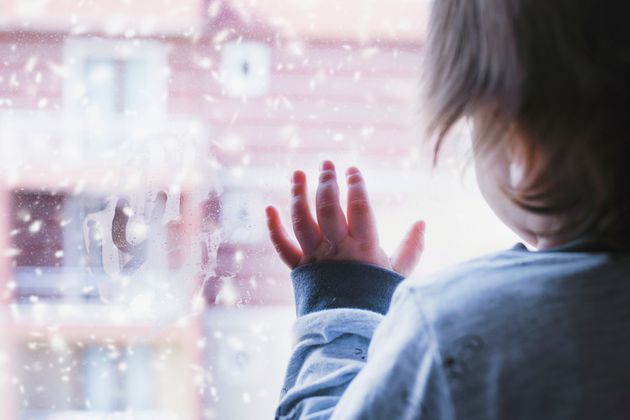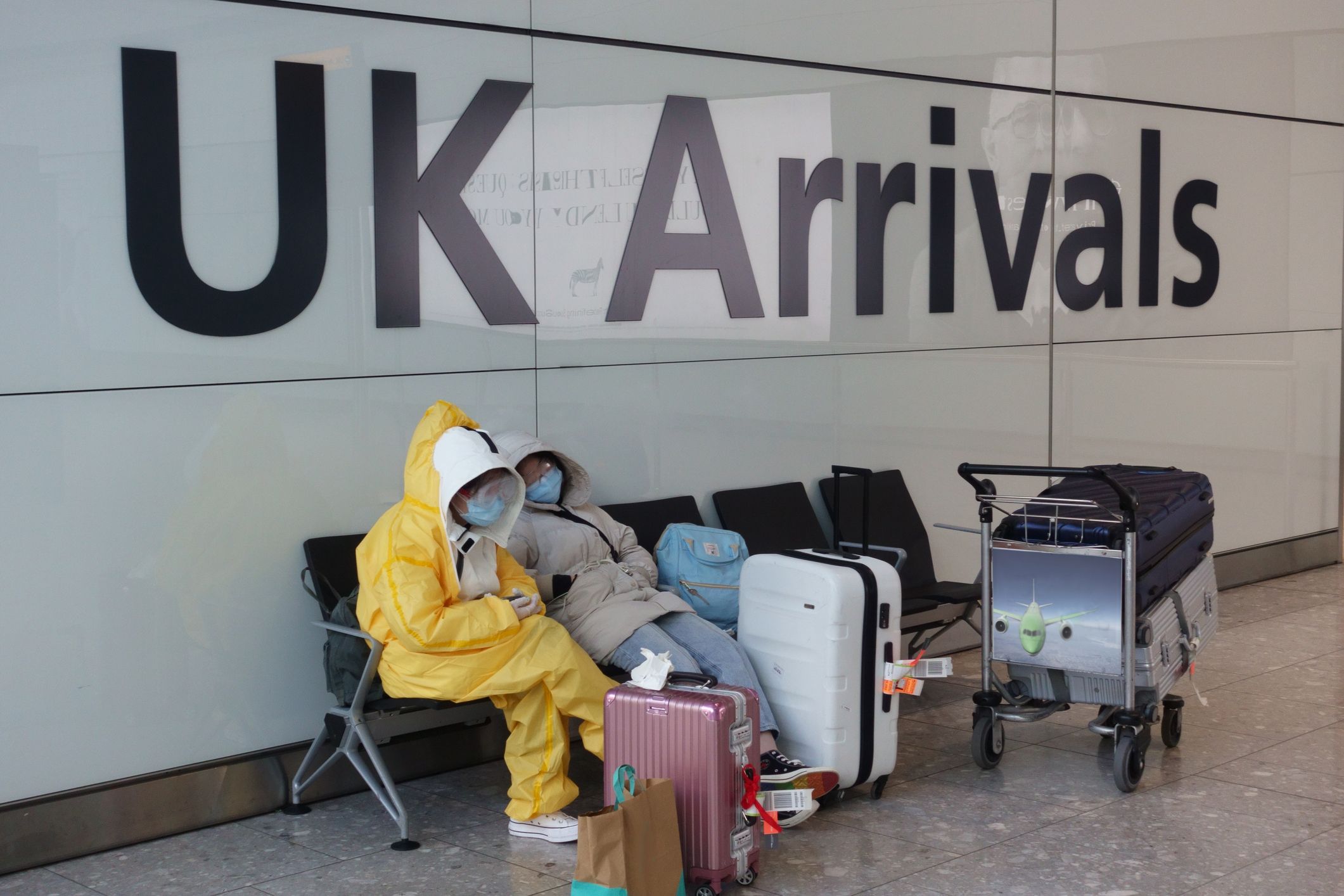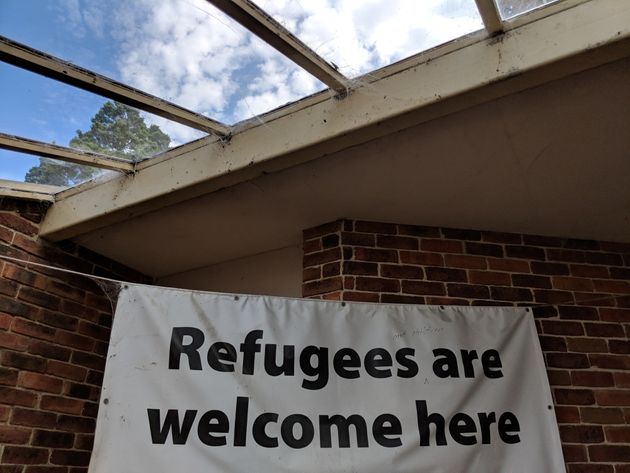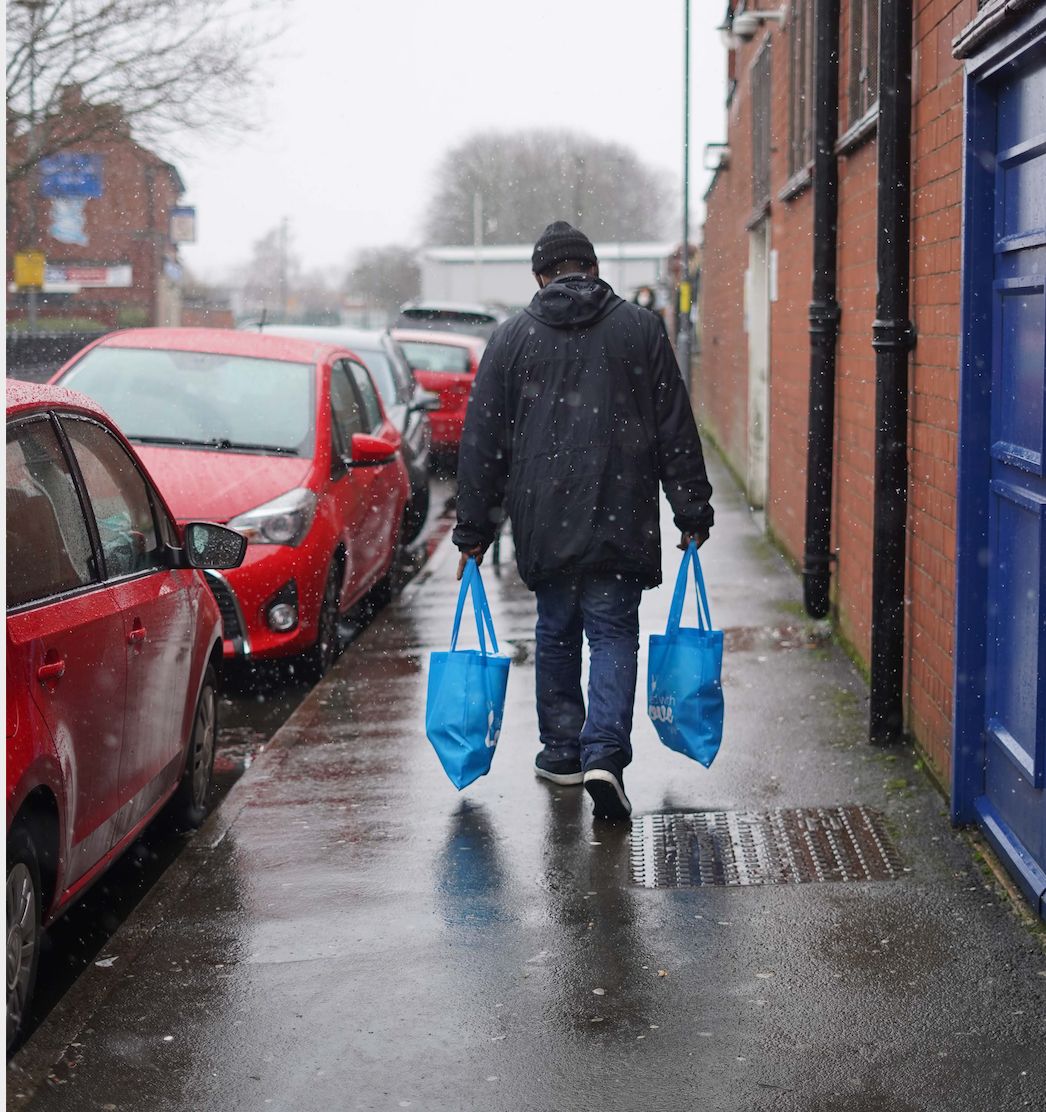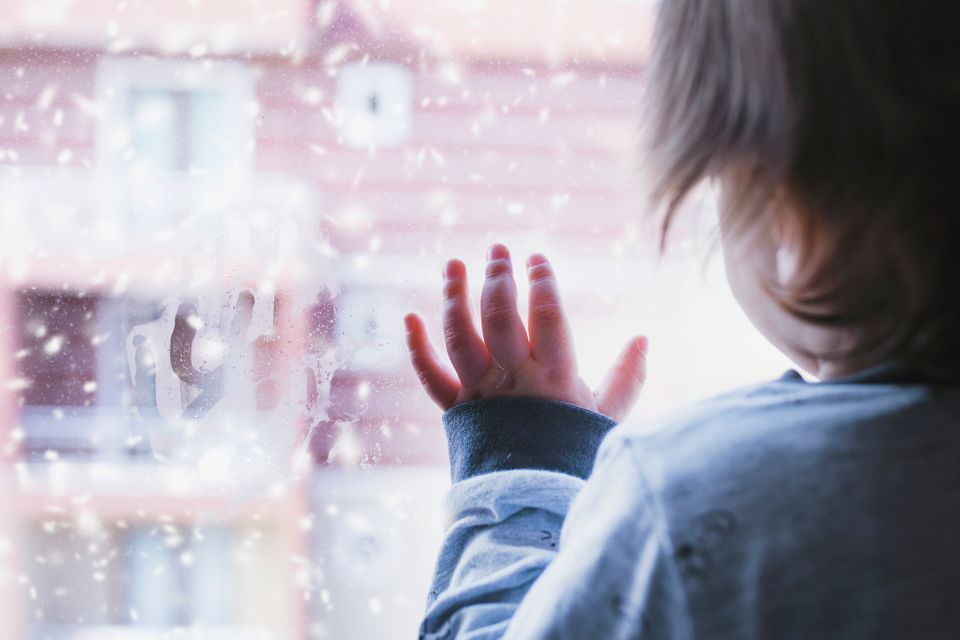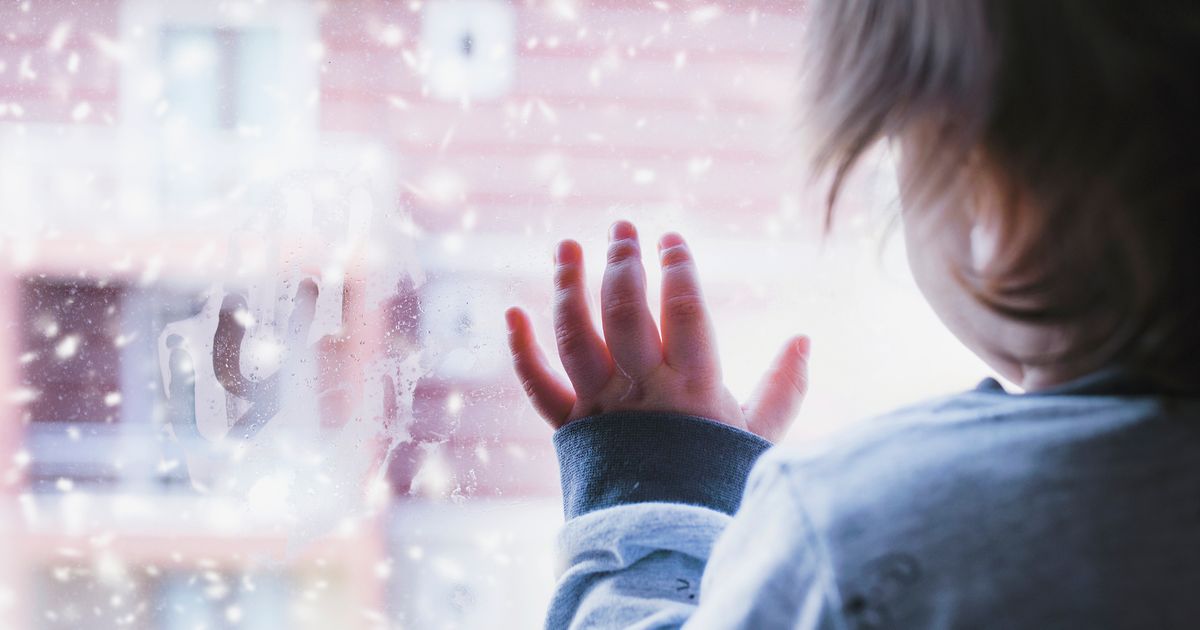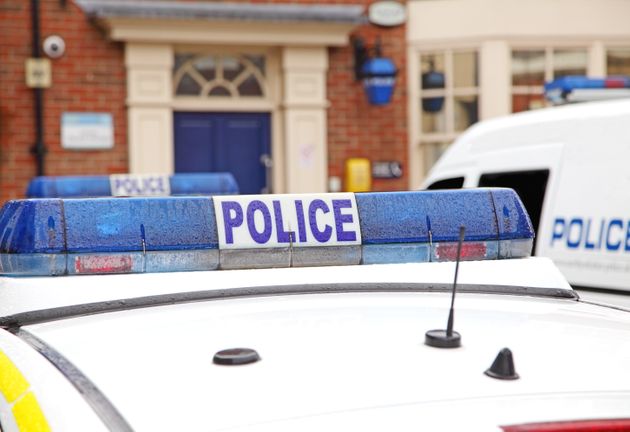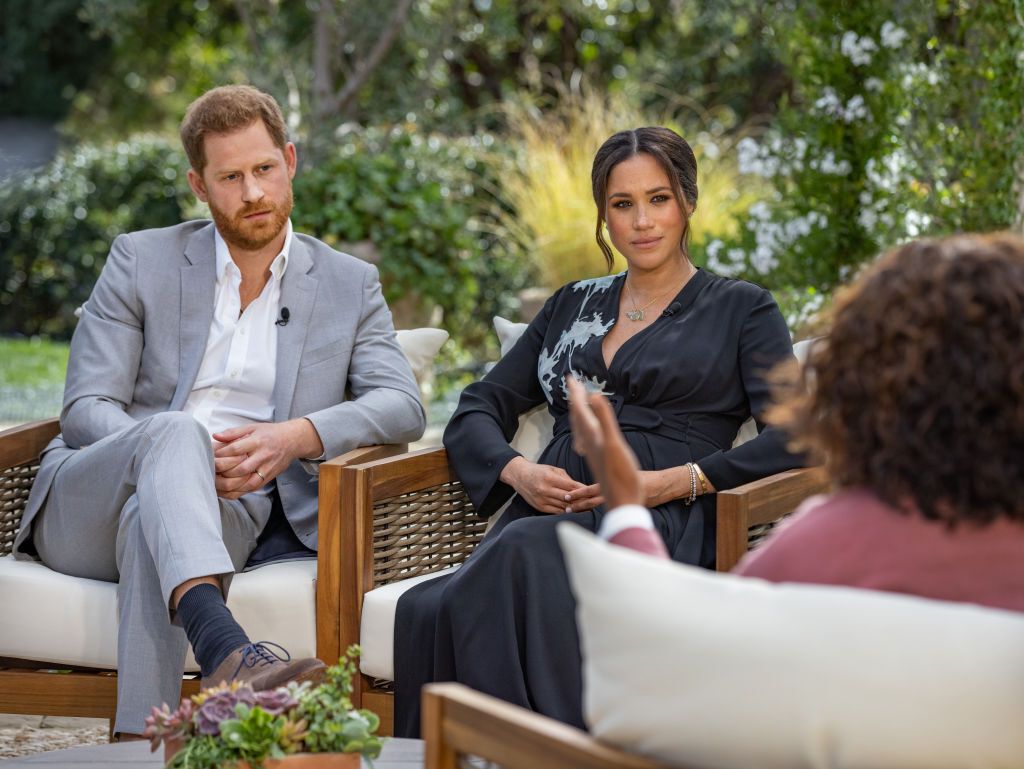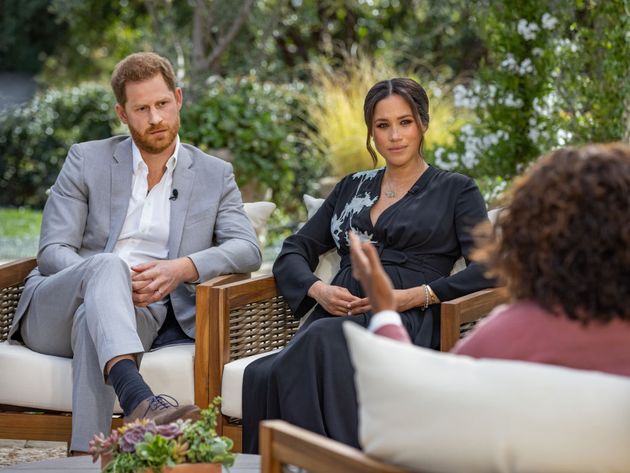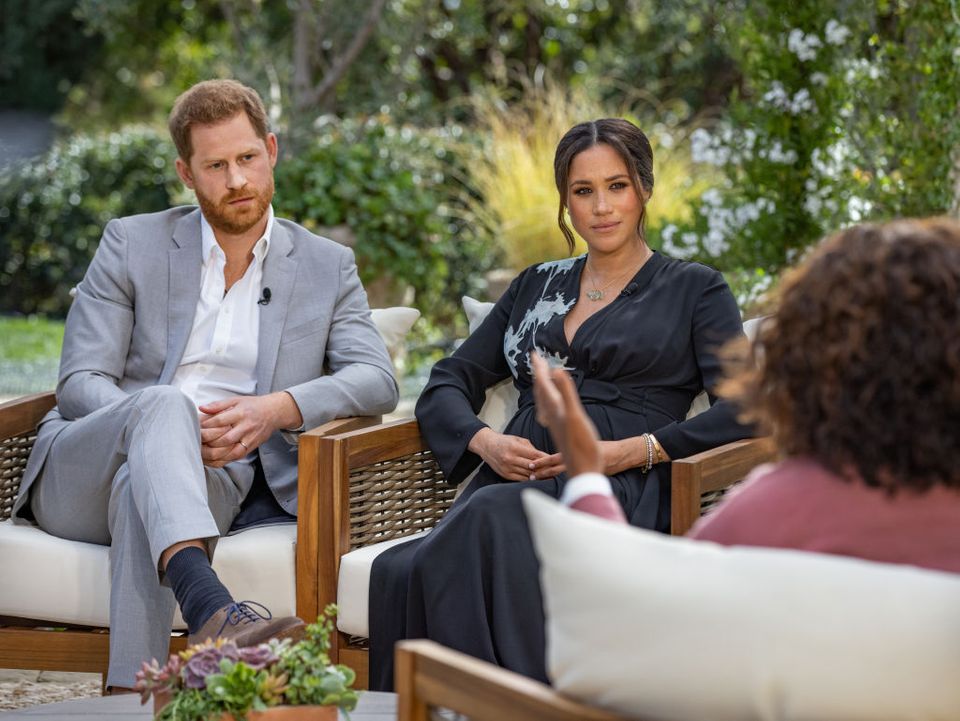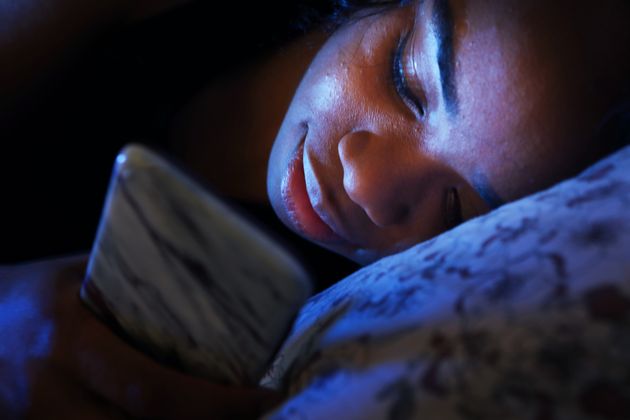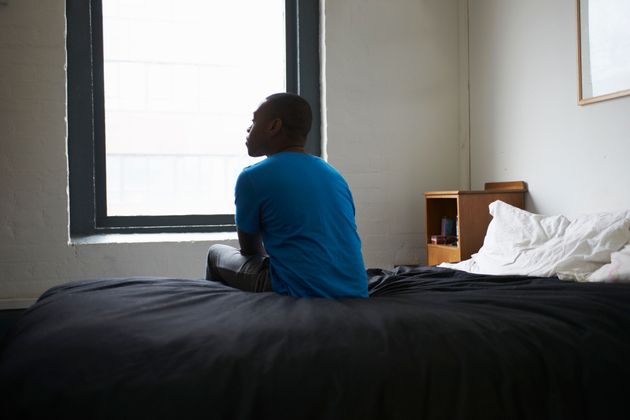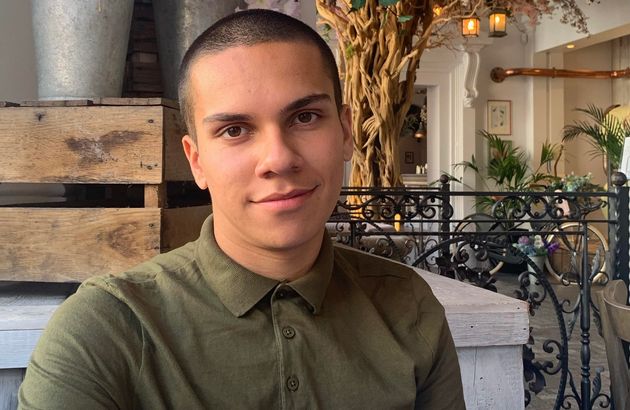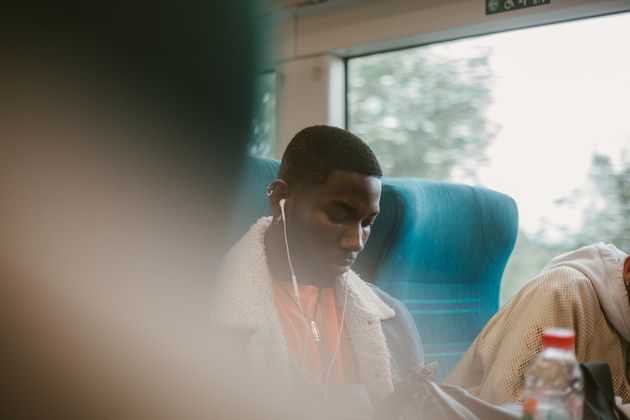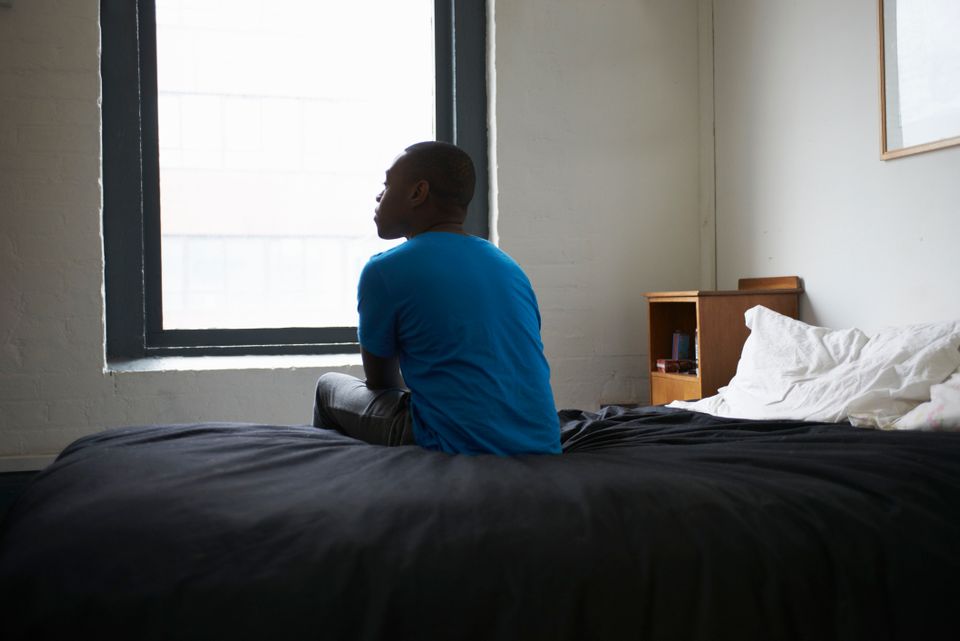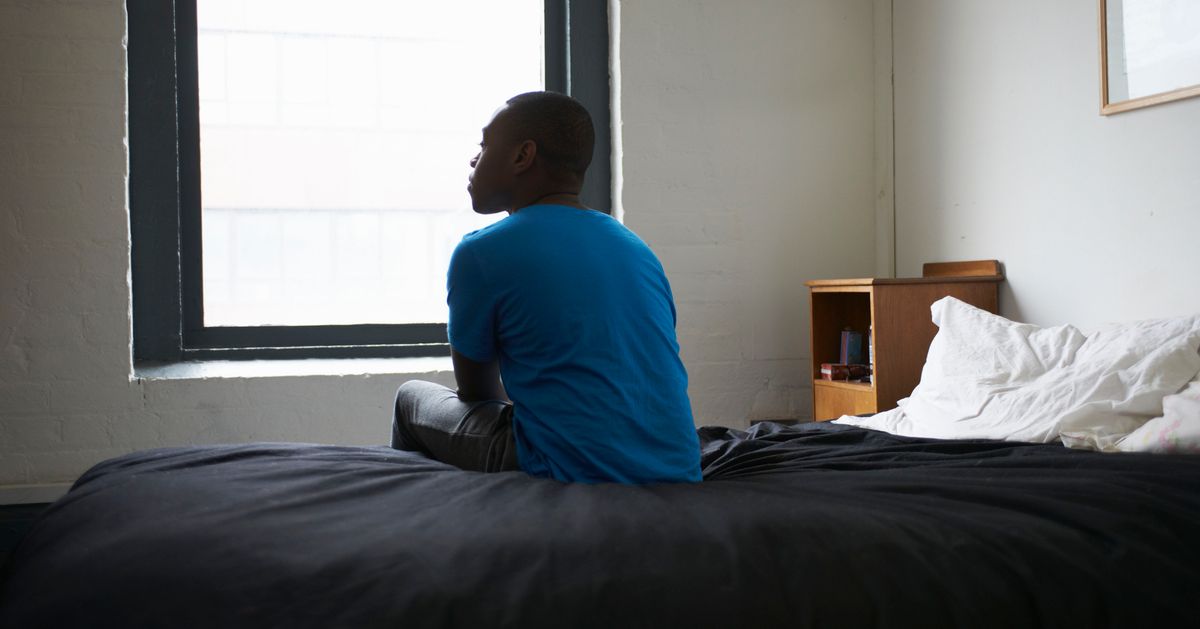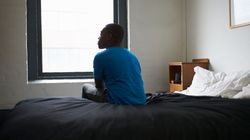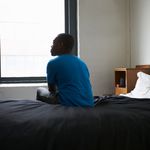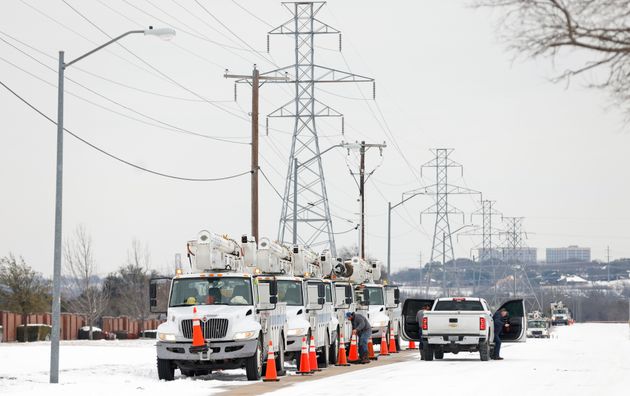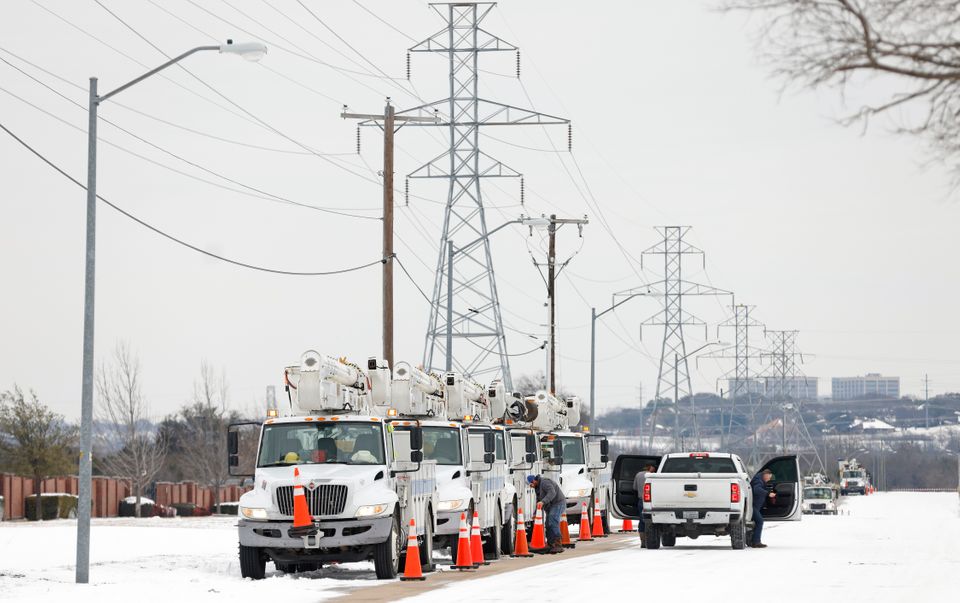Asylum seekers who escaped war and oppression to seek refuge in the UK have been left penniless and in limbo during a national crisis, HuffPost UK can reveal.
Coronavirus has put their hopes for a new life on hold and many are struggling to clothe or feed their children.
The Covid-19 crisis has also delayed asylum claim assessments, leaving some families living in hotel rooms or B&Bs or forbidden from working.
The UK’s National Zakat Foundation (NZF) told HuffPost UK it received 11,740 applications for help from those seeking asylum in 2020.
Zakat is an obligatory religious levy and the third pillar of Islam, which requires Muslims to give up 2.5% of their qualifying wealth each year to help those in need. During 2020, the foundation distributed £3.8m in grants, a 27% rise on the previous year.
A Sudanese mother-of-three who escaped to the UK told HuffPost UK she has been living in a hotel room with her three children for the last five months and became ill with coronavirus while they all lived in the same space.
Saira,* 43, moved to Qatar from Sudan in 2008 with her husband, and the couple had three children.
But when her husband briefly returned to Sudan for his mother’s funeral in October, he was arrested.
Terrified she would be deported to Sudan and arrested too, Saira fled to the UK with her children to apply for asylum.
However, due to the backlog of asylum claims – which she believes is exacerbated by Covid-19 – Saira and her children have been living in hostels and hotel rooms since their arrival in the UK which she admitted is very difficult.
Getty images
“My children are really struggling and home schooling in one hotel room is very hard,” Saira told HuffPost UK.
“My kids are fighting and crying and asking when we can go to live in a home, and they miss their dad.”
Saira’s children – aged 12, 10 and four – managed to attend school for a month before the third national lockdown.
But even in that time one of her kids contracted Covid-19 and brought it home, and Saira became ill. “I felt pain all over my body and I started to cough and I could not move from the bed,” she said.
Home schooling in one hotel room is very hard. My kids are fighting and crying and asking when we can go to live in a home.”Saira, an asylum seeker from Sudan
Saira wore a mask all the time and kept the window open, even though it was cold, to try to protect her children from the virus.
“My youngest son wanted to be near me and when I told him to keep away, he didn’t understand and cried,” she said. “I felt very ill and still feel weak now.”
She came to the UK following her husband’s disappearance as she was frightened of being deported to Sudan from Qatar herself. She had visited Sudan in 2018 and was arrested, imprisoned for a month and treated very badly.
Saira believes her arrest then was related to fundraising and support for the people of Darfur, where her parents are from. “We made donations after collecting clothing and money to help people’s human rights,” she said.
“When they arrested me, I was shocked. They told me they knew everything about me and treated me badly.
“They pushed us around using their feet and I have problems in my back and shoulders because of this.
“I was alone in a dark room with no light and no water. I had to go to the toilet in the same room. It was very bad.”
She added: “I can’t go back to Sudan. Everyone I know there is trying to escape.”
Getty images
Then when lockdown began, Saira was forced to home school the children in the London hotel room they all share. “It was so stressful,” she said. “I felt very depressed and the children were restless and shouting and screaming and kept asking me questions that I couldn’t answer.”
Saira and her children are given food at the hotel, but it is not what they are used to and she admits often her children only eat the bread and rice.
“The hotel provides halal Indian food, but it is very spicy and my children cannot eat it. A few times, the hotel reception staff have ordered pizza for my children, but I feel too ashamed to ask for food.”
Saira was given shopping vouchers by the National Zakat Foundation when the organisation heard of her plight.
She has used these to buy food and snacks for her children and essential household items to use in the hotel room. “They helped me too much,” said Saira of the NZF.
Saira now longs for a home where she can cook for her own children and follow the procedure for seeking asylum. “All we need is to live a simple life,” she said. “We just want to be in a home where we can start our life in a safe place.”
For Ahmad,* a 40-year-old asylum seeker, the hardest part of being stuck in limbo with the asylums process is not being able to work and constantly having to say no to his children as he can’t afford to buy them things.
When the kids ask for something and as a father you cannot provide it, it is very disturbingAhmad, an asylum seeker living with his family in Greater Manchester
Ahmad lives with his wife and four young children in Bolton, Greater Manchester. He told HuffPost UK: “When the kids ask for something and as a father you cannot provide it, it is very disturbing.”
Ahmad was born and brought up in Dubai to parents from Balochistan in Pakistan.
He claimed asylum in the UK two years ago after being told his name was “on a list” because of his work raising awareness of human rights abuses in Balochistan and Dubai.
“In Dubai, carrying out human rights awareness was considered a crime,” he said. “It is forbidden and taboo. They thought of us as outsiders and foreigners and one of my friends told me my name was on a list, so we came to the UK two years ago.”
Getty images
Ahmad applied for asylum but his case was refused. He appealed and is now awaiting an outcome. But in the meantime, he isn’t allowed to work despite his many skills.
Ahmad speaks several languages and was working as a customer care manager for a hospitality firm in Dubai. He is also able to work as a mechanic.
“If they gave me approval to work, at least I could provide more for my family,” he said. Instead, they rely on money from the government, which is just enough to cover the bare essentials.
“I am not bothered about myself, but it is very hard not being able to buy things for my kids,” he said. “I don’t even want to take them to the shops with me as I’m afraid if they ask me to buy something, I’ll have to say no as I can’t afford it.”
Ahmad says Covid-19 has also taken a mental toll on the family. “I feel like we are on a drowning ship and cannot move,” he said. “We just have to stand still and wait for something good to happen. It’s like your life is paused.”
A friend told Ahmad about the National Zakat Foundation and he applied for support. Within days, he and his family were given money to help them.
“I bought my children some new clothes and shoes and I have kept the rest for emergency,” he said. “I was very grateful for this support.”
We just have to stand still and wait for something good to happen. It’s like your life is pausedAhmad
Iqbal Nasim, the foundation’s chief executive, told HuffPost UK the stories of vulnerable asylum seekers during the pandemic had gone largely unheard.
“These people, many of them families, have travelled hundreds of miles in treacherous conditions to escape war and oppression,” he said.
“They’ve found themselves in a new country, with barely a penny in their pockets, and then been faced with the added strain of being left in limbo during a national crisis.
“Covid has delayed asylum claim assessments and left many struggling on meagre incomes, housed in hotels or B&Bs in obscure locations and unable to apply for additional support.”
Nasim said the charity had been able to use zakat to provide food and other essentials to thousands of asylum seekers, but much more needed to be done to help them.
Haaris Karim – Islamic Relief
Islamic Relief UK, which works to end poverty, teamed up with the National Zakat Foundation to deliver hardship relief to asylum seekers.
Zia Salik, Islamic Relief UK director, told HuffPost UK people are experiencing suffering all over the country. “As Muslims, we cannot abandon anyone in need and must urgently provide help wherever we can,” he said.
“There is still a long way to go in terms of drawing attention to the effect Covid-19 has had on an already suffering community.
“We hope our partnership will inspire other charities and individuals to come forward and offer their help, especially as we approach Ramadan.”
* Names have been changed

